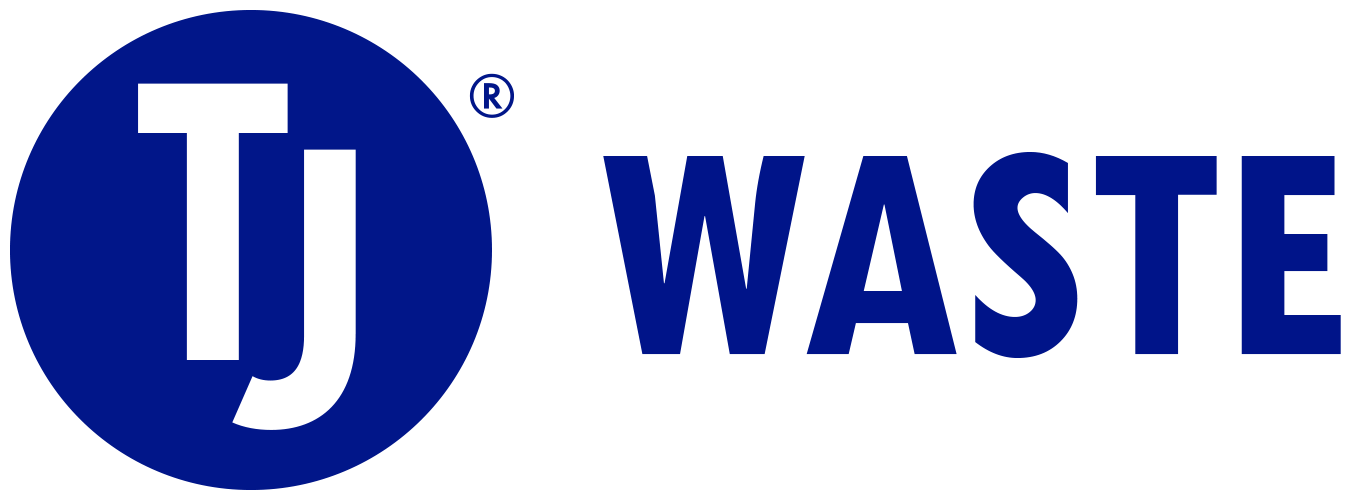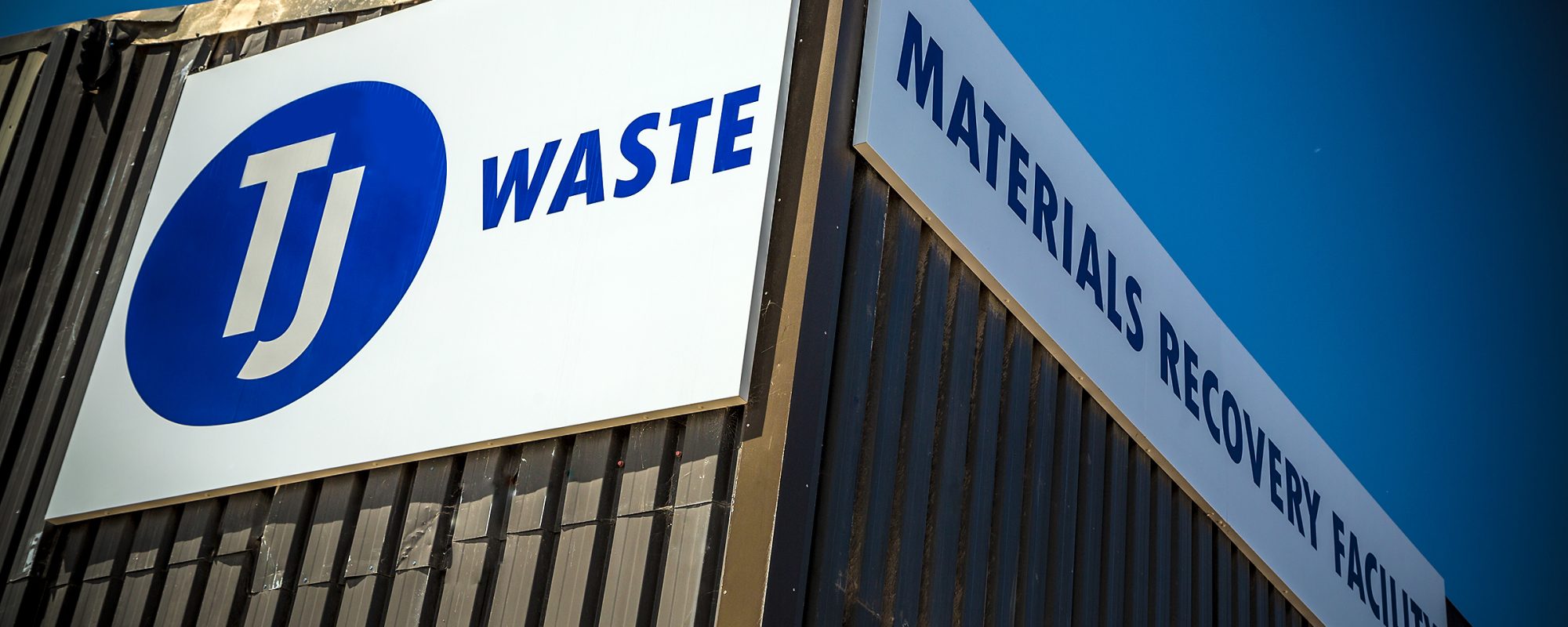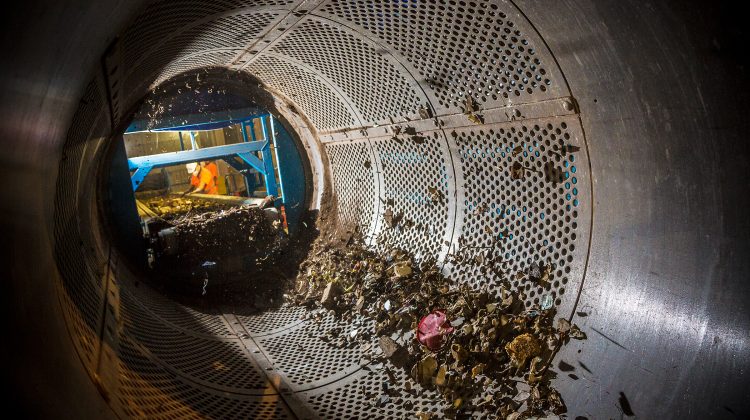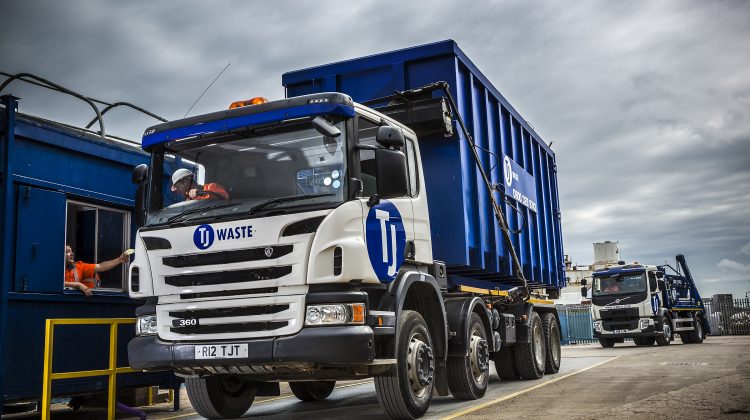There are many items and materials that we use in our everyday lives and in the construction of our homes and commercial buildings, which once no longer needed, become hazardous materials.
If these items are not handled and dealt with in the correct way, there could be health implications for those handling them and legal implications for companies not following the correct route to dispose of these materials.
Trust TJ to take care of your hazardous waste; we’re experts in this area and can facilitate the transfer of these materials to a safe and appropriate facility for dismantling, reuse and disposal.
PLASTERBOARD
Approximately 270 million m2 of plasterboard is produced, distributed and used in the UK each year. Although the construction industry actively encourages the reuse and recycling of materials, when renovation work takes place, walls are often ripped down and the remnants need to be disposed of.
Plasterboard must be disposed of correctly to ensure there are no ill effects. Plasterboard contains gypsum, a soft sulfate mineral composed of calcium sulfate dihydrate, so if plasterboard is disposed alongside biodegradable wastes, it can lead to the production of odorous and toxic hydrogen sulphide gas. The current plasterboard waste management regulations state that plasterboard has to be disposed of separately to prevent this.
RECYCLE
Plasterboard should be recycled wherever possible. The gypsum can be removed to enable the remaining parts to be separated and recycled back into raw materials for reuse. Recycling is important and advantageous because it reduces the amount of waste going to landfill and produces a useful resalable product.
DISPOSING OF PLASTERBOARD
As an individual or small business, you can dispose of plasterboard at your local Household Waste Recycling Centre, or you could opt for specialist plasterboard-only skip hire.
Recycling plasterboard is a practical alternative to the waste going to landfill and is a good way for businesses to boost their green credentials. Diverting your waste from landfill can also offer financial benefits as it may reduce your landfill tax liabilities and enable you to get tax credits if your waste is recycled, incinerated or reused.
Larger construction projects must adhere to stricter regulations on their construction and demolition waste. If your project requires a Site Waste Management Plan, how to dispose of your plasterboard will form an important part of it.
It is your responsibility to only pass your waste on to someone who is an authorised carrier. This is where TJ comes in. We specialise in commercial waste management, including assisting with Site Waste Management Plans and we can tailor a service to suit your business’ exact needs to ensure everything is taken care of.
TJ’S SKIP HIRE SERVICE
If you’re doing a small or medium-sized project involving the removal of plasterboard, TJ can supply you with a plasterboard-only skip. This will allow you to dispose of your plasterboard safely as it will not be mixed with any other waste. When you’ve finished, TJ will remove the skip and take the contents to be recycled.
We have a range of skip sizes from 2 to 35 yard, so there’s one to suit every project. The individual skip pages contain information on the dimensions and capacity volumes of each skip to give you all the information you need. You can get an accurate online quote in just a few minutes and then book your chosen skip to arrive as early as the next working day!
ASBESTOS
Asbestos is a group of six naturally occurring fibrous minerals composed of thin, needle-like fibers. They can be pulled into a fluffy consistency and are soft and flexible yet resistant to heat, electricity and corrosion. These qualities make the mineral useful, but asbestos exposure is highly toxic.
Inhaling or ingesting asbestos dust can lead to the mineral fibers becoming trapped in your body. Over decades, trapped asbestos fibers can cause inflammation, scarring and eventually genetic damage to the body’s cells. A rare and aggressive cancer called mesothelioma is almost exclusively caused by asbestos exposure.
Although asbestos is now banned in more than 55 countries around the world including Japan, Australia and all the countries in the European Union, it was used in all types of construction extensively from the 1950s through to the mid-1980s and can also be found in buildings built before the year 2000.
WHAT MATERIALS CAN ASBESTOS BE FOUND IN?
- Loose asbestos in ceiling or floor cavities
- Lagging
- Sprayed coatings on ceilings, walls and beams/columns
- Asbestos insulating board
- Floor tiles, textiles and composites
- Textured coatings
- Asbestos cement products
- Roofing felt
Before commencing any structural or building projects, be sure to check whether any risk or asbestos registers exist for the building you are working on. This will help you to prepare safely for your work activity and plan in advance how you can manage any asbestos. The only safe way to detect asbestos is for a sample of questionable material to be sent to a lab for testing.
SAFE DISPOSAL OF ASBESTOS
As a commercial construction business you should have licensed asbestos removalists in your team who will know how to safely remove the materials containing asbestos and how to treat it to avoid contamination. When taking on construction refurbishment or demolition of premises built between 1950 and 1999, always remember to check for asbestos before commencing any work. If it is present, you’ll have to ensure that its removal is done in the correct way to preserve your health and that of those in the vicinity.
If you’re working on a project where asbestos is present, think ahead to how you’ll dispose of it. TJ is licensed to carry hazardous materials such as asbestos; we can provide secure skips and eurobins to your site for you to deposit asbestos into, but we cannot directly remove or handle asbestos. We will then arrange to collect the full skip or bin from your site and transport it to a third party’s premises, where it will be safely disposed of and any parts that can be recycled will be.
Please call us on 08000 463 964 to obtain a quote or to book an asbestos-only skip, as the process differs slightly from standard skip hire.
OTHER HAZARDOUS WASTE ITEMS
Lithium batteries
The disposal of lithium-ion batteries is strictly prohibited in our skips and our third party tipping service, as doing so presents extreme dangers including the risk of explosion and fire. To safely dispose of these batteries, fully discharge the battery to reduce the risk of thermal events, cover the battery terminals with non-conductive tape (e.g., electrical tape) to prevent short-circuiting during transport, and until you can dispose of them, store batteries in a cool, dry place away from flammable materials. Batteries can be disposed of at designated recycling centres, via retailer and manufacturer take-back programmes, and at Your local Household Waste Recycling Centre. Find out more.
POPs
Persistent organic pollutants (POPs) are highly hazardous chemical pollutants that present a serious global threat to human health and to ecosystems. Historically POPs were used in the manufacture of upholstered domestic seating such as sofas, armchairs and dining chairs – specifically any furniture that has been made using foam padding or textiles.
Whilst many manufacturers stopped using materials that contained POPs between 2002 and 2011, there are concerns that imported furniture may have contained offending chemicals as late as 2019. As the cost of checking if seating contains POPs prior to disposal would prove inhibitive, the advice is that all upholstered domestic seating should be incinerated as a precautionary measure. Discover how we can help with your POPs disposal…
WEEE
Waste Electrical and Electronic Equipment (WEEE) should be disposed of correctly to ensure treatment, recycling and recovery of the elements that make up the equipment. TJ offers a collection service that will ensure that your WEEE goes to the right place.
All electrical waste contains chemicals that are harmful to the environment. When WEEE is dumped in landfills, it decays over time and leaks toxins into the earth and our waste systems. Also, with TV screens and computer screens, there are metal parts inside that if not handled properly, can be dangerous.
Fridges
Fridges require separate disposal from other items as they need to be degassed to ensure the CFC gases are dealt with safely and that the fluorescent strips are carefully handled. Our Man and Van service is equipped to help with bulk fridge collection and disposals…
Liquids
Liquids such as paint and chemicals must be disposed of correctly; they cannot go in your household bin or into a skip as they have to go through special processes for safety reasons. TJ can manage the collection of your liquid waste; we work with a partner organisation to dispose of these responsibly.
Contaminated soil
Contaminated soil, whether hazardous or non-hazardous, needs to be correctly treated before onward disposal can take place. We work in partnership with specialist companies to provide an all-round service to our customers who have large volumes of contaminated soil.
Offensive waste
Offensive waste, such as nappies and medical waste, must be handled sensitively to ensure no cross-contamination takes place. We facilitate safe collection of these items using the appropriate equipment and full PPE, with this type of waste being directed down the most appropriate and suitable route for its type.
Discover how your business could make use of our waste management services for the safe disposal of your hazardous materials. Get in touch or give us a call on 08000 463 964 if you wish to discuss your requirements further.
